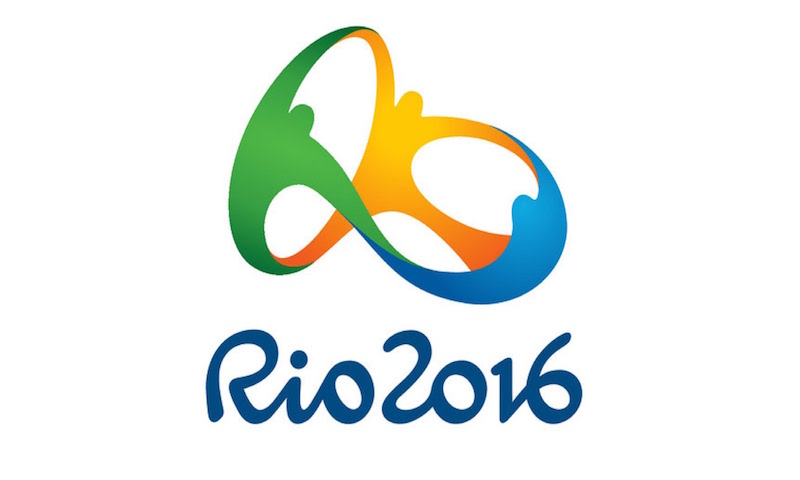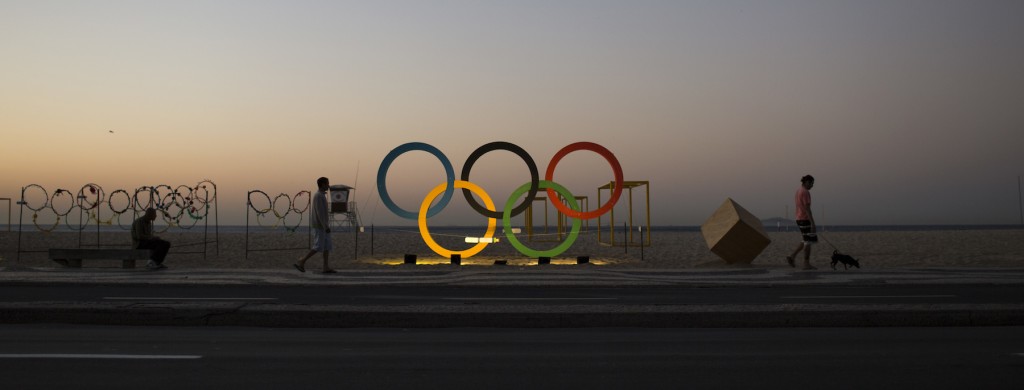As we all know by now, Rio's hosting the Olympics this year. According to a recent poll, 60% of Brazilians think the Games will do more harm than good to the country - but Rio’s mayor is convinced that’s only because most of the country can’t feel the buzz in the city, and are only hearing bad stuff on the news. So, what’s the real story?
I thought I'd take a look into some of the economics behind the Games to try and clear up some of the facts: who’s going to be there, what will it all cost, and what’s it bringing to Brazil’s economy?
How many teams will be participating?
This year, 207 nations will be participating, and 10,293 athletes out of an expected 10,500 will be taking part in the Games. How much they earn for taking part depends on how they score and the particular country they come from. During the last Games in London, for example, Russian athletes picked up $135,000 for winning gold, whereas Germans only received $19,500. Sponsorship is where the real big money is.
How much will the Games cost?
Numbers vary depending on how you measure it, but basically: a lot. The Brazilian government, the Rio 2016 Organizing Committee, and the Public Olympic Authority are splashing out somewhere around $11.1 billion (39 billion reais) on preparations, which include some pretty huge infrastructure projects like the redevelopment of the downtown port area.

And how much will they make?
The exact amount of direct revenue is unknown but the IOC has released several figures. Broadcasting rights are expected to make the most at around $4.1 billion - that’s double what Athens made in 2004.
Then there’s the global businesses sponsoring the Games, including Coca-Cola, Samsung, McDonald’s, Panasonic and Omega. It’s the twentieth time that Coca-Cola has sponsored the Olympics since 1928. They’re lovin’ it (oops, wrong slogan). Worldwide marketing and sponsorship is expected to generate around $900m.
Finally, there’s the $300 million from rights and licensing, $250 million from ‘other revenues’ (whatever that means) and $1.3 billion from domestic sponsorship deals.
For the first time, brands that aren’t sponsors are allowed to create marketing campaigns around the Games – there’s even a video game tournament happening in Rio at the same time called the eGames. Sponsors still have a quite a lot of control over the market of Olympics-related ads though: other brands aren’t allowed to use the words ‘Rio’, ‘Gold’ (shotgunned by Coke for its #ThatsGold campaign), or even ‘summer’. Harsh.
How’s Brazil’s economy doing at the moment?
In the middle of all the preparation, Brazil is experiencing its worst recession since 1930. Its GDP has also shrunk by nearly 10%. In June, the acting governor in Rio declared a financial emergency and a month ago, it received a federal bailout of approximately $900 million. Because of the emergency, the acting governor had to appeal to the national government for a pretty massive loan just to cover the impending Olympic costs. So, not so good then.
To make matters worse, a study from Oxford University also found that the Olympic Games are running 51% over budget, with an expected cost blowout of $1.6 billion. The plan was for the Olympics to add to Brazil’s budget by boosting tourism. Oops.
Public services are in a sorry state. Police and firefighters are welcoming tourists to the country with a sign reading ‘Welcome to Hell: Police and firefighters are not getting paid so you will not be safe’ and graffiti on some roads reads ‘Welcome we have no hospitals’.
And it might just be that midway through the Games, Brazil’s president is officially impeached, which would send politics into turmoil once again. Buckle your seat belts everyone.

What good things have the Olympics brought to Rio?
There’s been a lot of new investment in Rio’s transport infrastructure. A new metro line linking the city centre, tourist neighbourhoods and beach areas to the main Olympic zone will start operating on 1 August.
Projects like this, plus the construction of stadiums, roads, tunnels, museums have created about jobs for around 50,000 workers. The organizing committee has also announced it intends to hire around 90,000 people to work at the Games itself.
There’s also loads of cool initiatives going on to get more people into sport in light of the Olympics – one of my favorites is this badminton school which uses samba to train kids to move around the court.
What about tourism?
Half of the world’s population will be watching the Olympic Games on television (that explains the high cost of the broadcast rights!), and up to half a million are expected to make their way to Brazil to be part of the atmosphere. Around 70 new hotels have been opened in the city as a result of the expected demand.
But Brazil’s tourism minister resigned in mid-June, which was awkward timing for the country given the fact that the corruption scandal rocking government at the moment. And there have been many reports that smaller numbers then thought might come, given issues such as the Zika virus. So how many finally turn up and how much money they bring with them is anyone’s guess.
The question everyone's asking is: will Brazil be able to brave its recent troubles and put on a spectacular show? Fingers crossed!
Check out the rest of Economy Explores: Sport




